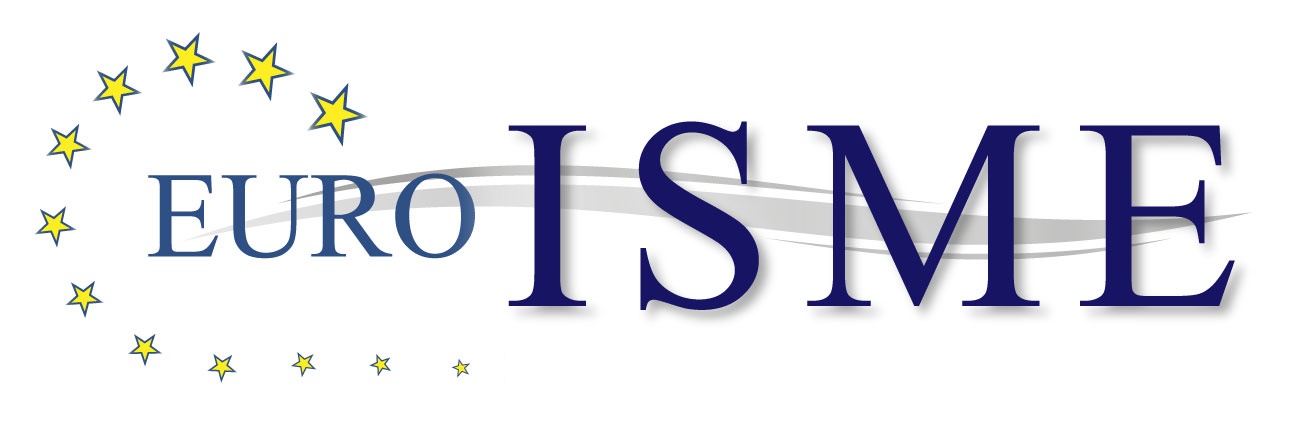Ukraine - One Year On
By John Thomas, President, Euro-ISME
Today is the first anniversary of Russia’s invasion of Ukraine. What follows are some personal thoughts to mark this sad anniversary.
As a result of Russia’s ‘special military operation’, tens of thousands of military personnel on both sides have been killed or wounded, and millions of Ukrainian civilians have been killed, injured or displaced, whether internally or to other countries in Europe.
In the Kremlin’s view, this was a war that was supposed to last just a few days or weeks at most. A rapid and supposedly unstoppable advance on Kyiv and the Donbas would see the Ukrainian government toppled and a pro-Moscow regime installed. NATO would be too weak to react, as it had failed to react after the annexation of Crimea in 2014. And even if NATO chose to react, what could it do? By the time NATO had ponderously deliberated, Ukraine would have been defeated. And Moscow also thought it held a trump card of energy supplies to further discourage intervention.
But as is so often the case in war, the reality on the ground did not follow the plan, not least in respect of the Ukrainians’ determination to resist.
One year later, as winter drags on in Ukraine, the war has created an ethical landscape of contradictory simplicity and complexity. The simplicity arises from the certainty with which we can condemn an invasion which was unprovoked, unnecessary and executed with a staggering disregard for the laws of armed conflict. Such condemnation is easy and cost free.

The complexity arises when we ask ourselves the question ‘What should we do in response to this unprovoked aggression?’ Whilst there might be general agreement in Europe and in many other countries that Ukraine should ultimately prevail, how should we help them to achieve this?
Should NATO become directly involved? Given the ineptitude with which the Russians have conducted the war so far, it is not fanciful to imagine that the deployment of NATO forces to Ukraine would rapidly turn the tide. But would this end or exacerbate the war, by making NATO nations the target for a vindictive Putin? The threat of a nuclear response by Russia in such circumstances is more than implicit. To a lesser degree the same arguments could apply to the supply of NATO standard weapons to Russia. But this is a strategy which has – so far at least – not provoked direct military action against those NATO countries, despite sabre rattling from Moscow.
Putin has so far weaponised (inter alia) migration and energy and sought to exploit divisions between nations, for example between Hungary and the Baltic states or between the US and Germany. Many countries are willing to help Ukrainian refugees, but at what cost to their capacity to provide healthcare or housing for their own citizens? It is easy to boycott Russian energy when you are not dependent on it for industrial or individual use. Would the long term consequences of a Putin victory, a victory that would surely feed his appetite for aggression, be more awful than the consequences of direct intervention now?
But that is the nature of ethics. Life is not always a choice between 2 easy options, both of which are cost free. Doing what is right can be costlier than doing nothing.
Tragically, for both Ukraine and Russia, Putin has created a situation from which he cannot retreat. He has created a narrative in Russia that allows no room for negotiation or a return to the status quo ante. His only option, if he is to survive politically, is victory. And the past year has shown that there are seemingly no bounds – not even the nuclear boundary – to his determination to win at all costs. The destruction of power supplies, hospitals, schools and city centres all became legitimate because the whole concept of legitimacy was torn up. When international humanitarian law is explicitly trashed, systematic torture, rape and murder become justifiable tactics. Impunity is the mother of excess.
After a year of horrors, Ukraine still stands proud and independent. Ukrainians cannot contemplate a life in which Putin is their president and millions of Russians hate them, because they have been fed nothing but a diet of lies about Ukrainian ‘nazis’ and NATO ‘aggression’.
Putin has become trapped in a web of his own making. He is locked in an echo chamber where he hears nothing but the sound of his hubris. The tragedy in Ukraine is not yet over, but it must be increasingly clear to Putin that whatever victory he might ultimately claim, he has already failed strategically and militarily. He has demonstrated to the world that the only victories Russia can claim are both hollow and shameful.
When this war is over, that will not be the end of the matter. Within Euro-ISME we have often spoken about the effects of moral injury and PTSD on individuals. In Ukraine we will have to support an entire nation suffering these trauma, as well as the effects of physical destruction, for generations to come. That is a challenge for which we should start preparing now.
Credits: Foto von William Bossen auf Unsplash [cropped]
